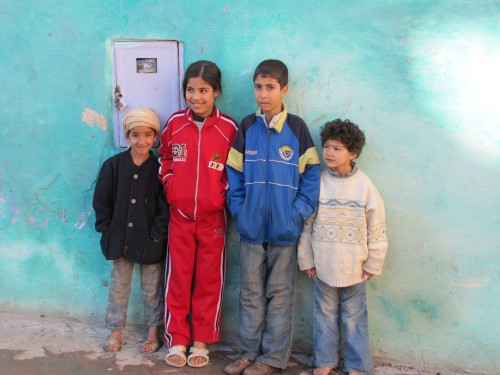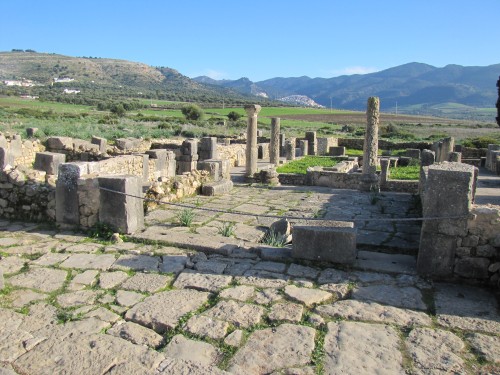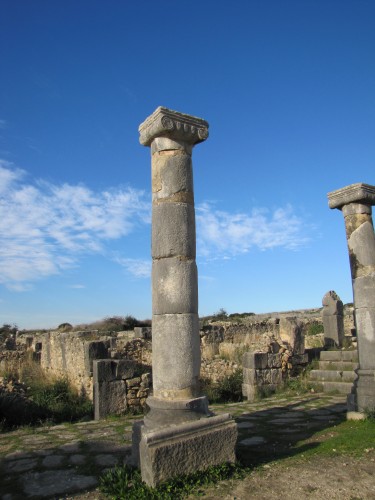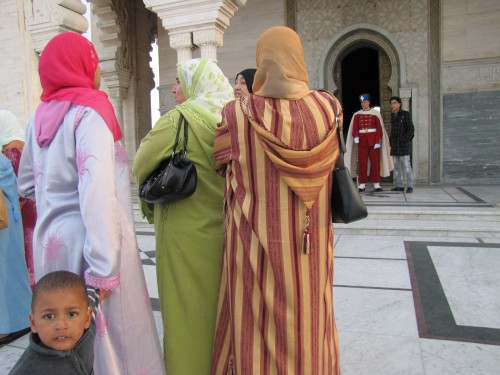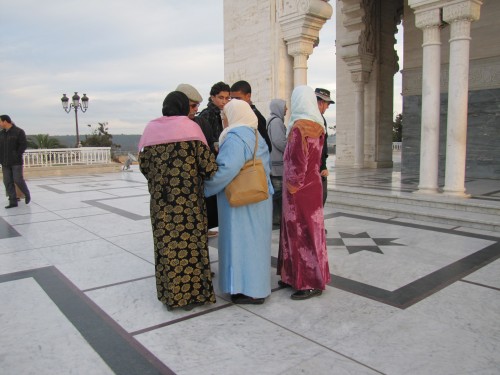Writing fiction
“Fiction writing is great. You can make up almost anything.”
Ivana Trump, upon finishing her first novel.
Say that again, please?
Yes, well … I think that’s what fiction is, something made up in the writer’s imagination.
That is what I love about writing fiction; you can make up interesting characters, imagine beautiful (or dangerous or horrible) settings, create compelling plots and generally let your creative juices loose, flowing in interesting directions.
I love it when characters take over the story and you have no idea where they will take the reader – and you as the writer.
I love it when the plot I have in mind or on my outline page suddenly twists away, taking unexpected lane ways, leading me on a merry – or dangerous – chase through a land unknown.
I am delighted when unplanned, unexpected and delicious endings pop out on to the page.
The foundation of fiction
Despite the imagination being the driving force behind all fiction, I believe it is important to realise that all fiction also has one foot in reality. Every story, even wild, out-of-this-world fantasy and SF, has to have an internal logic based on reality. If something is too illogical, the reader will switch off or stop reading.
Sure, some stories need a certain suspension of belief (eg a talking animal, and ogre who falls in love or an alien who speaks English), but once that is achieved successfully, the writer can blaze ahead.
The characters must also ring true to themselves, the setting must be based on places the readers can imagine and the plot must be feasible. I find more and more that I draw on real places, real people and real events for writing fiction. Many of my stories are based on true events; my imagination draws on those events and asks, “What if..” Using this technique my imagination can run off in all kinds of directions.
An example: some time ago my brother told me of a skeleton he found on a sandhill on his farm. All we know from the investigating detective is that the man was shot in the head twice and that he was not an Aborigine. I used the discovery of this unfortunate man and came up with a 4000 word crime and murder mystery story. My lecturer gave me a high distinction and she is a hard but fair assessor.
Let your imagination soar, and good writing.
